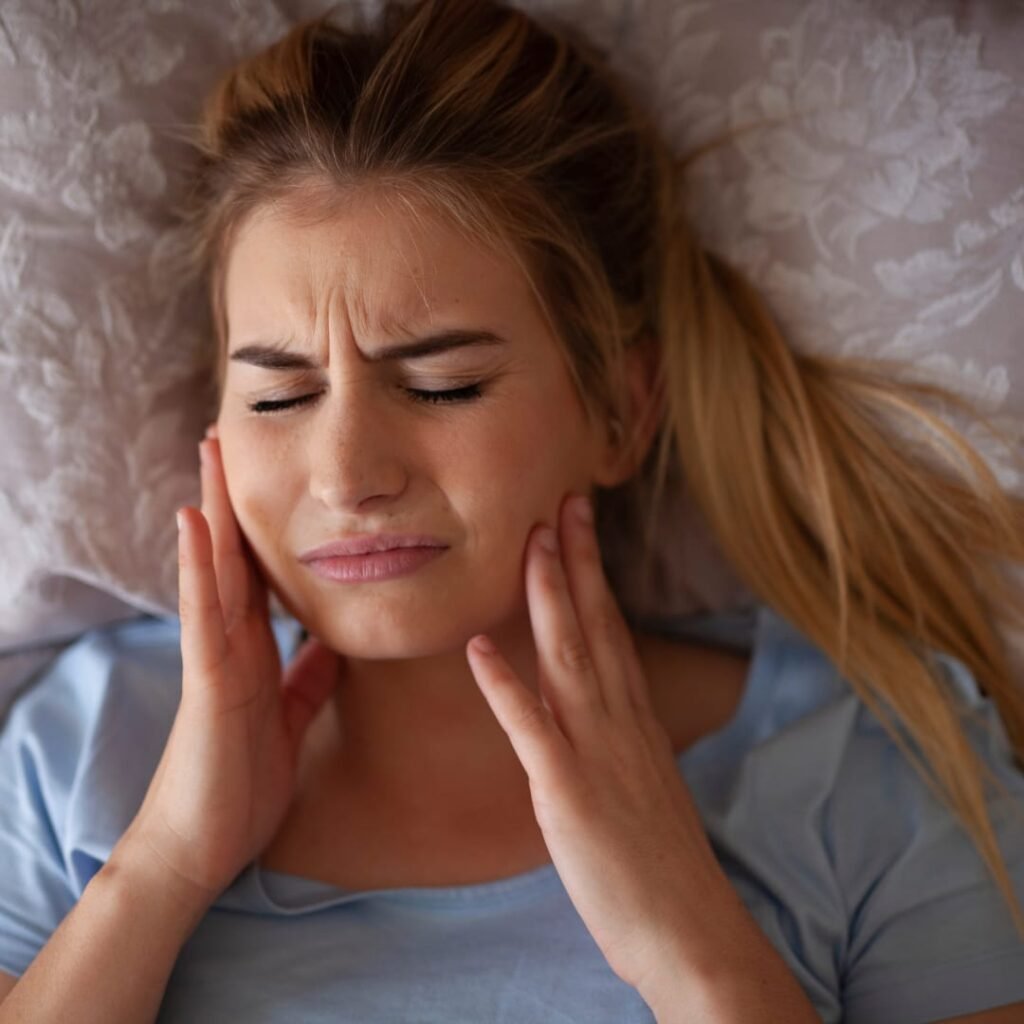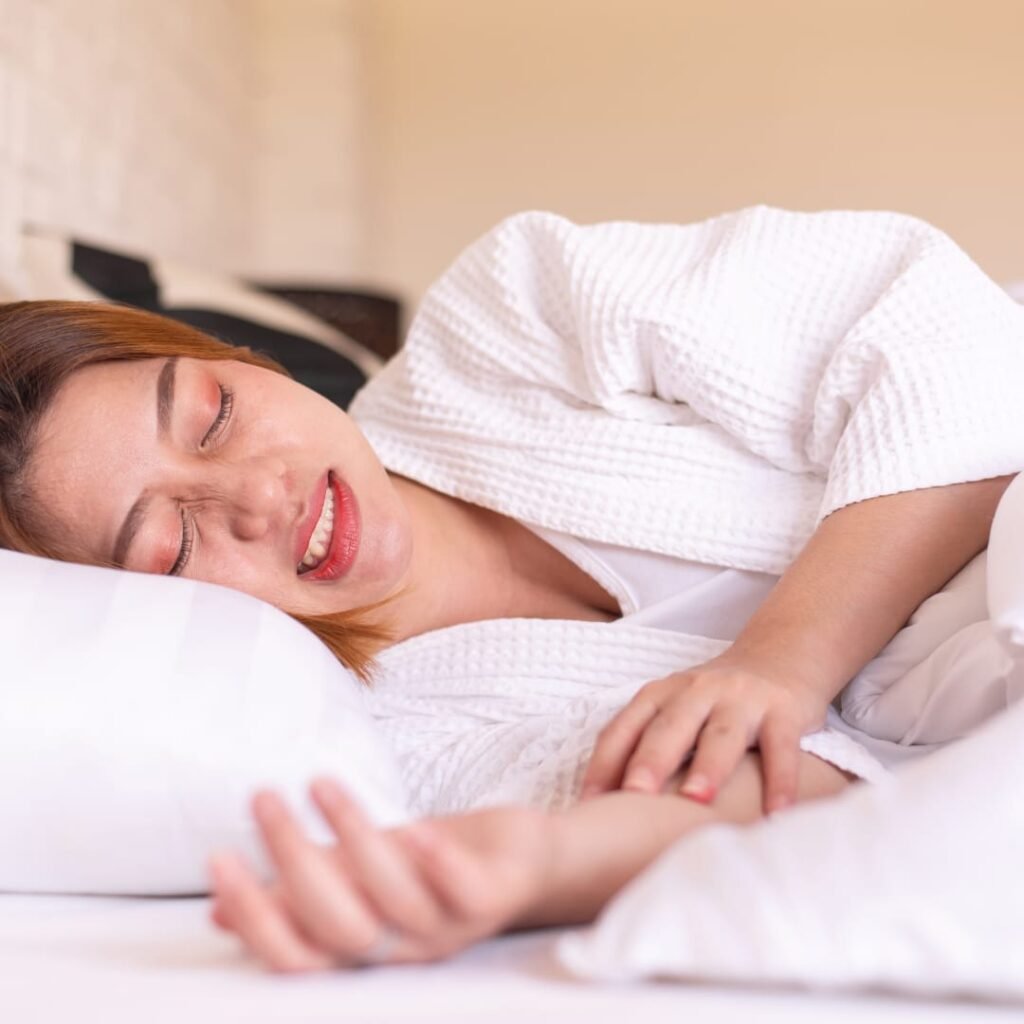Understanding Bruxism: The Habitual Grinding of Teeth
Bruxism is a condition that affects many people in this world and it is commonly called teeth grinding. It is the condition involuntary grinding your teeth while sleeping. Sometimes it can happen even when you are awake. Most of the people considered it as a minor issue. But it can affect your oral health very badly. Oral health is also an important aspect, so any problems related to teeth should deal with utmost care. Getting good treatment for bruxism can improve your life’s quality and it also gives you good sleep. In this blog we are going to learn more about bruxism including its causes and treatments.
What Causes Bruxism?
1.Stress and Anxiety
Higher levels of stress always affect the human body negatively. If a person holds a higher level of stress or anxiety then it may trigger teeth’s grinding as the body’s way of coping.
2.Sleep Disorders
Some people are facing disorders related to sleeping. Conditions like sleep apnea or snoring may lead to bruxism.
3.Dental Problems
The chance of teeth grinding can increase due to misaligned teeth or an abnormal bite.
4.Lifestyle Choices
Excessive use of alcohol, smoking and use of recreational drugs can create conditions like bruxism.
5.Medications
Medicines for health problems like stress can cause bruxism as a side effect.

Symptoms of Bruxism
We can’t identify symptoms of bruxism , because it is mostly happening at the time of sleeping. Following are the main symptoms of bruxism:
⦁ Continuous headaches or ear aches especially in the morning.
⦁ Jaw pain or stiffness.
⦁ Teeth may appear flat or chipped.
⦁ Increases tooth sensitivity.
⦁ Disrupting sleep of a person.
Treatment Options for Bruxism
1.Mouthguards
These are the custom-made dental devices that protect your teeth from grinding during sleep. It is less costly .
2.Stress Management
Stress is one of the main reasons for teeth grinding.. Relaxation techniques, therapy or mindfulness practices can reduce your stress.
3.Dental Corrections
Orthodontic treatments or bite adjustments can address alignment issues. It is helpful for reducing the chances of bruxism.
4.Lifestyle Changes
Limiting the use of alcohol, quitting smoking and maintaining good sleep hygiene will get you protection from bruxism. If a person wants to avoid bruxism then they should follow a healthy lifestyle.
5.Medications
Muscle relaxants or other medications can be used in several cases. Consider a dentist to get recommendations and use only the medications which they prescribed.

Preventing Bruxism
Bruxism can’t be prevented always but certain practices can reduce its occurrence. They are:
⦁ Practice relaxation techniques before going to sleep.
⦁ Avoid stimulants like caffeine or alcohol in the evening.
⦁ Maintain regular dental check – ups to identify early signs of grinding.
Conclusion
Bruxism can make a person’s life miserable. This annoying habit of a person can lead to various health problems for a person. It makes your life full of oral health problems. Discomfort and stress are the other difficulties you may face due to bruxism. Almost every person doesn’t consider bruxism as an oral problem. But it affects your overall health badly more than you expected. Once you start to feel bruxism affecting your daily life, don’t hesitate to consult a trusted dental clinic like Share A Smile. Treatment on bruxism can give you a better sleep and it ultimately improves the quality of your life.
